BRI sputters in South Asia
A decade after its launch, China’s Belt and Road Initiative has slowed down in South Asia, the result of poorly conceived projects, and irresponsible behavior from borrower and lender alike.
 Courtesy:
Courtesy:
A decade after its launch, China’s Belt and Road Initiative has slowed down in South Asia, the result of poorly conceived projects, and irresponsible behavior from borrower and lender alike.
 Courtesy:
Courtesy:
Pakistan’s latest economic data tries to paint a cheerful picture, but the economy is still in deep trouble. The main culprit is the ‘managed’ float of the Pakistani rupee, which covers for a multitude of other sins.
 Courtesy: Gateway House
Courtesy: Gateway House
As Pakistan heads to the polls, debt restructuring and economic recovery are on the ballot. The winner of the contest will inherit a weak economy while wielding little authority to implement reform, and will eventually shoulder the blame for the inevitable crisis.
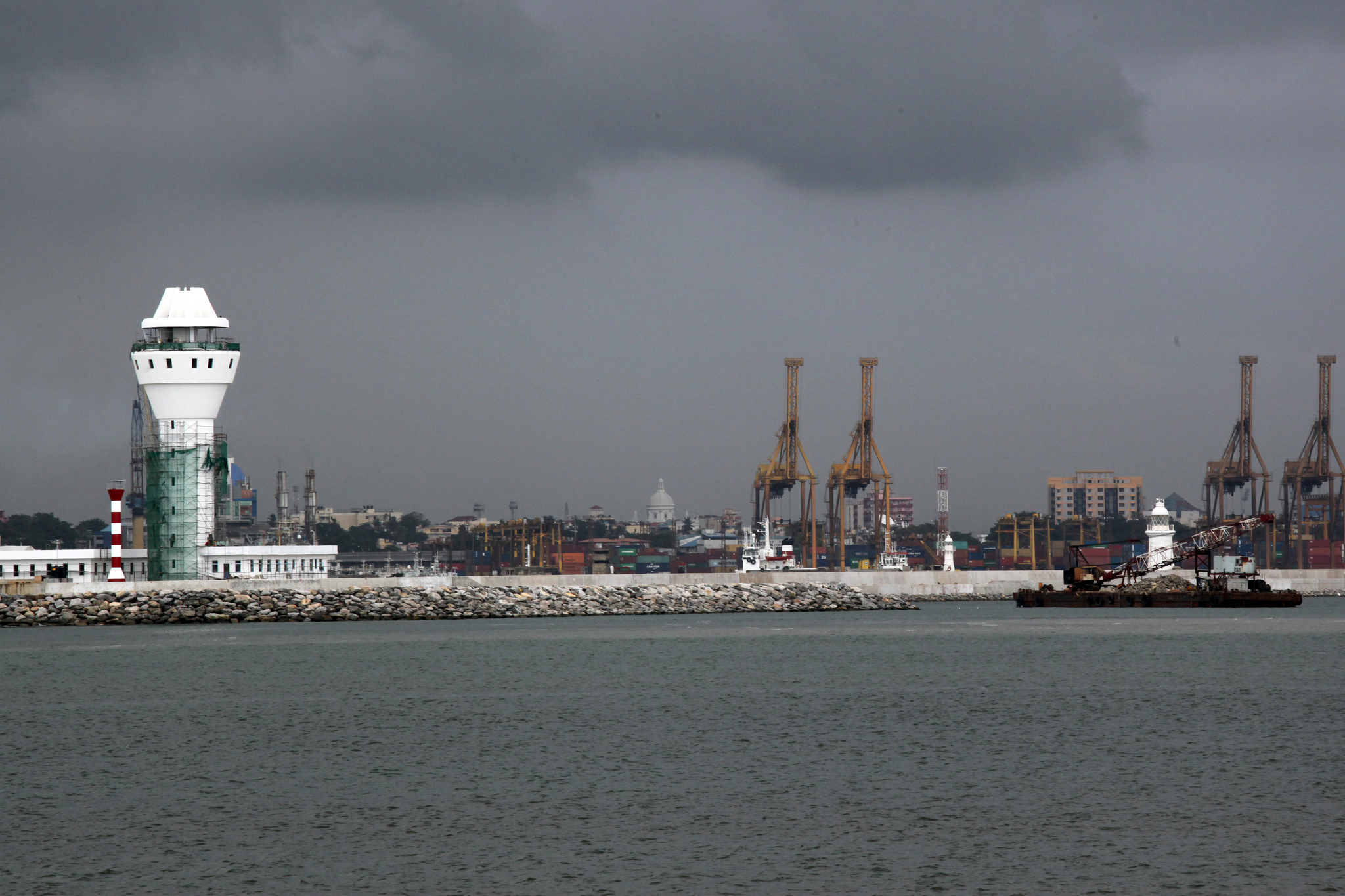 Courtesy: The Wire
Courtesy: The Wire
India and Sri Lanka recently signed six energy agreements, including plans for an oil pipeline from India to Sri Lanka, electricity grid connectivity, and cooperation in renewable energy. Sri Lanka can benefit from India's cost-effective oil sourcing and processing and pay for it in rupees, easing its balance of payments crisis. Its wider use of the Rupee fulfills a long term objective for Indian policymakers.
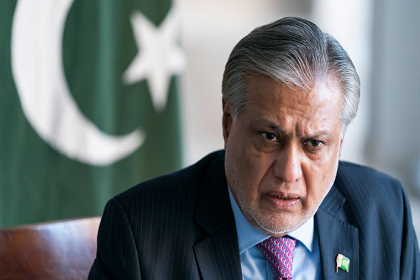 Courtesy: The Week
Courtesy: The Week
To qualify for the IMF’s latest bailout, Pakistan has had to share accurate information on its economy including its debt to China. This confirms the speculation of Pakistan’s gigantic indebtedness to China.
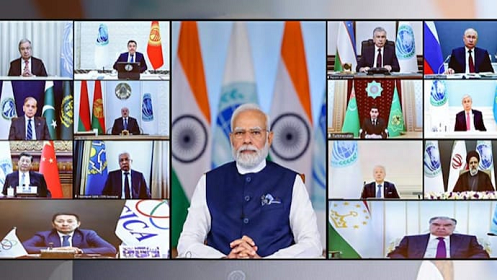 Courtesy: India Today
Courtesy: India Today
The Shanghai Cooperation Organisation's growing importance is seen in the numerous new applicants waiting in line for membership. The 23rd SCO Summit hosted by India on July 4 saw progress in areas like digital transformation and economic cooperation. However, timidity in acting on foundational issues like anti-terrorism reflects the internal contradictions and tensions within member states - a continuing challenge for SCO.
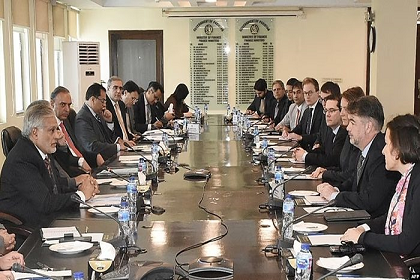 Courtesy: OpIndia
Courtesy: OpIndia
Why Pakistan won’t deal with the IMF even in the face of hardship and a shrinking economy reveals something - that its military and civil elites refuse to curtail their rapacious behaviour, even at the cost of their country’s peril.
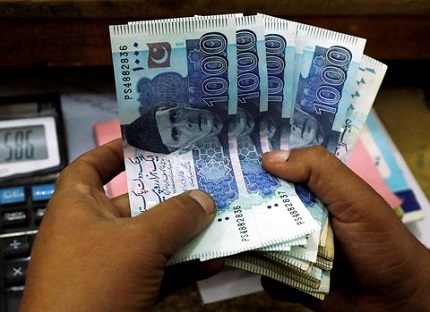 Courtesy: Reuters
Courtesy: Reuters
India’s South Asian neighbours have all seen sharp currency devaluations since early 2022. These are a result of maintaining artificially strong exchange rates, made possible by remittances from migrant workers. However, by postponing the inevitable devaluations, these states have made their economic crises much worse.
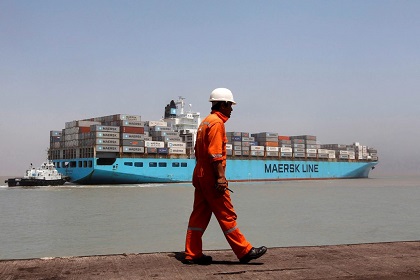 Courtesy: Reuters
Courtesy: Reuters
The International Monetary Fund’s recent warning of a slowing global trade comes as a sign for South Asia to reassess its regional trade within the continent. India, in its year of G20 Presidency and as South Asia’s largest economy, can use its platform to lead the way via dialogue, capacity building, and regulatory policies to encourage open regionalism in Asia.
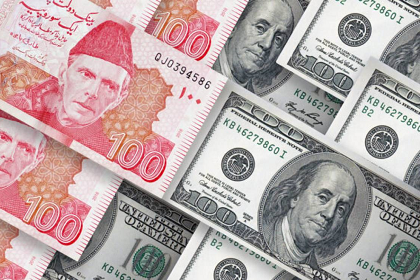 Courtesy: 24 News HD
Courtesy: 24 News HD
India’s economy is looking bright, but there is a shadow in its neighbourhood. Pakistan’s fast deteriorating political and economic condition can create fresh uncertainties for India on the national security and economic security front.